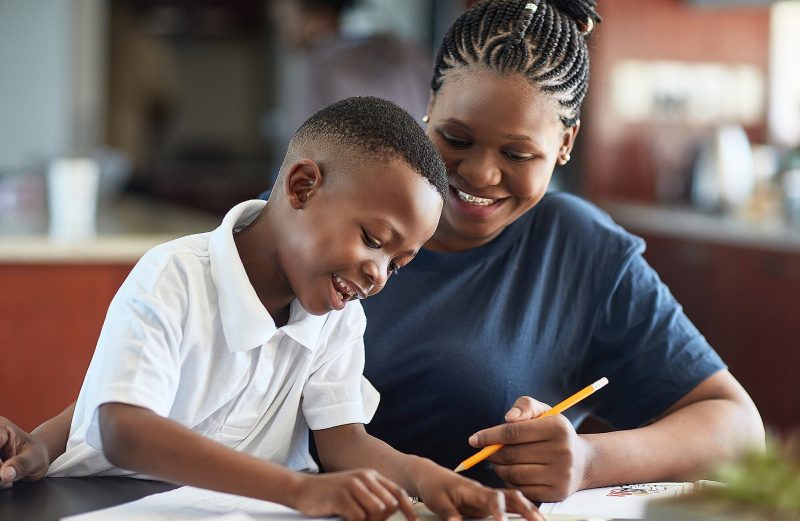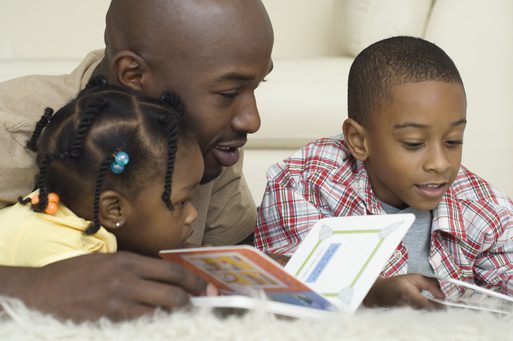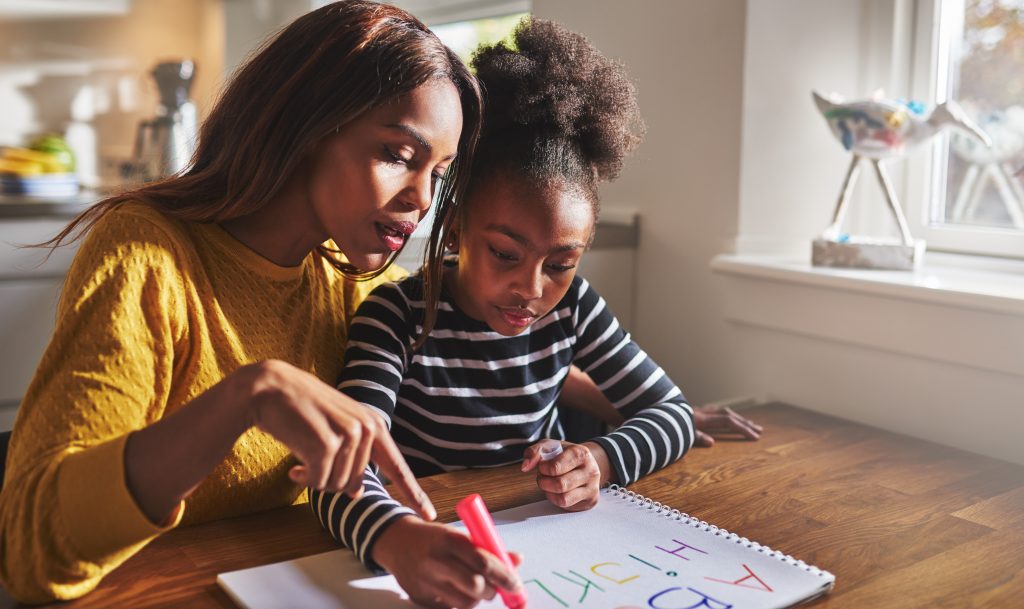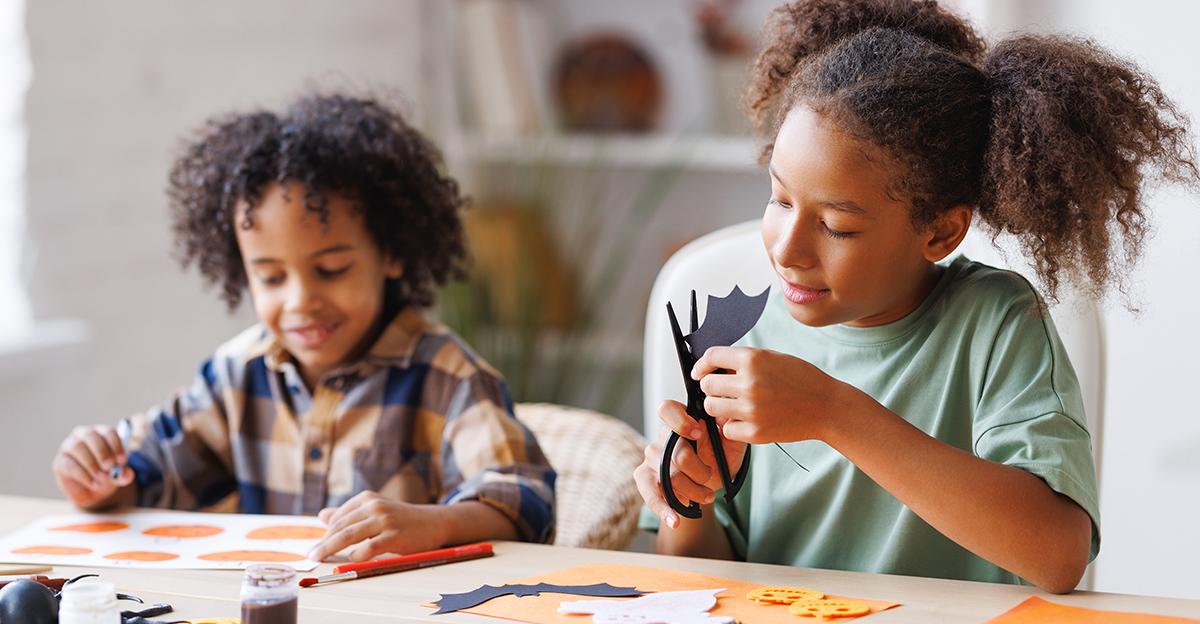The journey from nursery to primary school is a significant milestone in a child’s life. It marks the transition from the early years of playful exploration to a more structured educational environment. As parents, you play a pivotal role in ensuring this transition is smooth and successful. In this informative blog post, we’ll guide you through essential steps to prepare your child for this exciting new phase, promoting their confidence, social skills, and readiness for primary school.
1. Early Preparation Matters:
Understand the New Environment: Take the time to visit the primary school with your child before they start. Familiarize them with the classrooms, playground, and other facilities. This will help alleviate any anxiety they might have about the unknown.
Meet the Teachers: Arrange a meeting with the teachers or attend open-house events. Building a rapport with the teachers establishes a sense of familiarity and comfort for your child.
2. Develop Social and Emotional Skills:
Encourage Independence: Promote self-help skills such as using the restroom independently, putting on their shoes, and tidying up after playtime. These skills foster a sense of autonomy and confidence.
Emotional Intelligence: Help your child identify and express their feelings. Encourage discussions about their emotions and problem-solving strategies when faced with challenges.
3. Boost Cognitive Readiness:
Early Literacy and Numeracy: Introduce basic literacy and numeracy concepts through interactive games, rhymes, and counting activities. This sets a strong foundation for their academic journey.
Critical Thinking: Engage in activities that stimulate their curiosity and critical thinking skills. Puzzles, building blocks, and science experiments nurture their ability to explore and reason.
4. Establish a Routine:
Sleep and Meal Schedule: Transition your child to a routine similar to what they’ll follow during school days. Ensure they get adequate sleep and balanced meals for optimal energy and focus.
Structured Playtime: Create a structured playtime at home that mimics the school routine. This helps them adapt to a more organized schedule.
5. Social Skills and Friendships:
Playdates and Group Activities: Arrange playdates with peers to help your child practice sharing, taking turns, and cooperating with others.
Role-Playing: Engage in role-playing scenarios that might occur at school. This helps your child understand social dynamics and how to navigate various situations.
The transition from nursery to primary school is a significant step that requires thoughtful preparation. By focusing on emotional readiness, cognitive development, routines, and social skills, you can pave the way for your child’s success and confidence in their new environment. Remember, every child is unique, so tailor your approach to suit your child’s personality and needs. With your guidance, encouragement, and support, your child will embark on this new adventure with enthusiasm and readiness for the exciting journey ahead.













